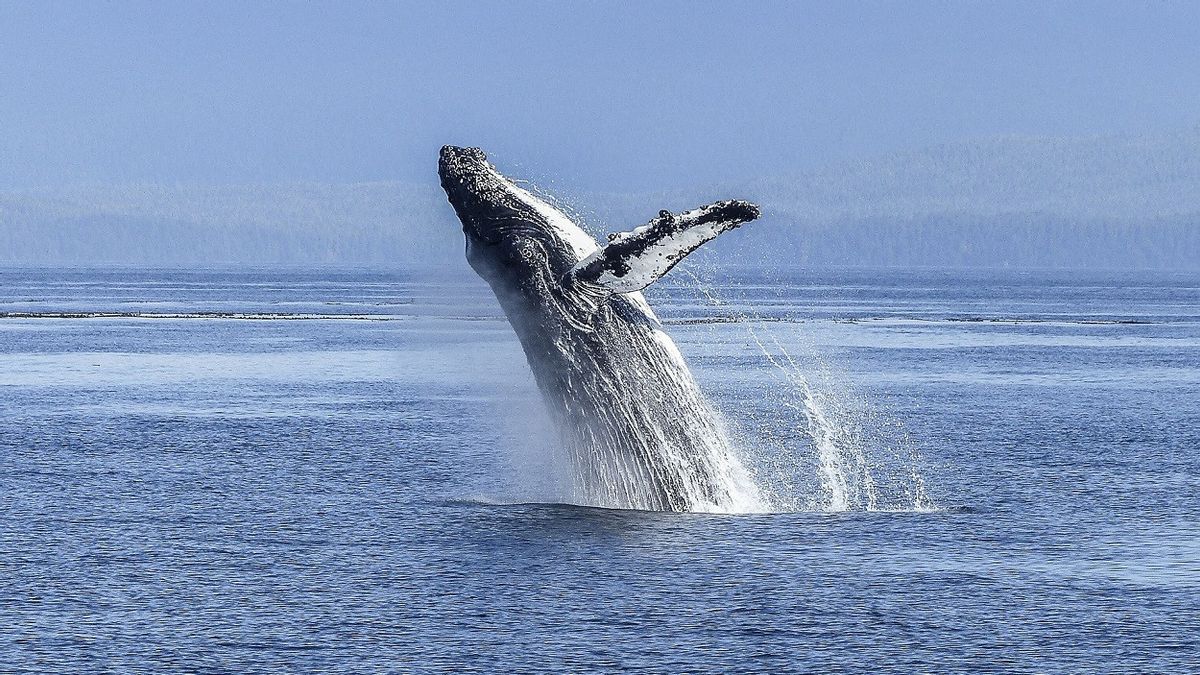JAKARTA - Greenpeace on Wednesday renewed calls for proposed deep-sea oil and gas exploration off the southwest coast of Greece, warning of "unbearable" consequences for endangered Mediterranean whales and dolphins.
Greenpeace Greece official Kostis Grimanis said the project should be scrapped before it "starts to destroy the Mediterranean."
The call comes as the environmental group publishes new research on marine mammal populations in the deep Hellenic Trench, including areas that would be affected by prospecting.
The three-week summer project, in collaboration with the Athens-based Pelagos Cetacean Research Institute, detected 35 critically endangered sperm whales and dozens of dolphins - some threatened - at depths of up to 4,200 meters (13,800 feet).
Greenpeace said sound-sensitive cetaceans, whales and dolphins, would be at risk from the deafening sonic booms used in underwater searches.
However, Greek officials objected that strict environmental protections would be adhered to. In 2019, Greece awarded exploration rights for two seabed blocks south and southwest of the island of Crete to a consortium of energy companies TotalEnergies and ExxonMobil with Greece's Hellenic Petroleum.
Environmentalists have protested at the time, also highlighting the potential spill risk from deep water drilling. The prospecting has not yet begun, and it is unclear when it will take place, although the concession states it should be done in winter, to reduce the impact of the cetacean breeding period.
Greenpeace's Grimanis said the project meant "exposing endangered species and critical ecosystems, to the intolerable noise and pollution of seismic explosions and deep-sea drilling operations."
"And for what? To continue burning oil and gas, one of the dirtiest and most expensive sources of energy, when the climate crisis demands that we abandon it immediately," he criticized citing the Dec. 15 AP.
The Hellenic Trench covers the deepest waters of the Mediterranean, reaching 5,267 meters (17,300 ft) and is important habitat for several hundred sperm whales at sea, and for other cetaceans already threatened by fishing, ship collisions, and plastic pollution.
These mammals are particularly sensitive to underwater noise generated by seismic surveys for fossil fuels, where sound waves are reflected from the ocean floor to locate potential deposits. Sonar used by warships has been shown to have a lethal effect on whales, and experts say seismic surveys can do the same.
Greece hopes to increase revenues and achieve greater energy security through offshore oil and gas, and the issue of underwater exploitation rights has further poisoned relations with neighboring Turkey which claims much of the Eastern Mediterranean as its own.
However, a Greenpeace statement Wednesday urged Athens to "immediately" cancel "all fossil fuel plans."
"Any new investment in 'good' fossil gas that is falsely advertised will within a few years become a stranded asset with dire consequences for the country's economy and natural resources," he said.
The English, Chinese, Japanese, Arabic, and French versions are automatically generated by the AI. So there may still be inaccuracies in translating, please always see Indonesian as our main language. (system supported by DigitalSiber.id)













